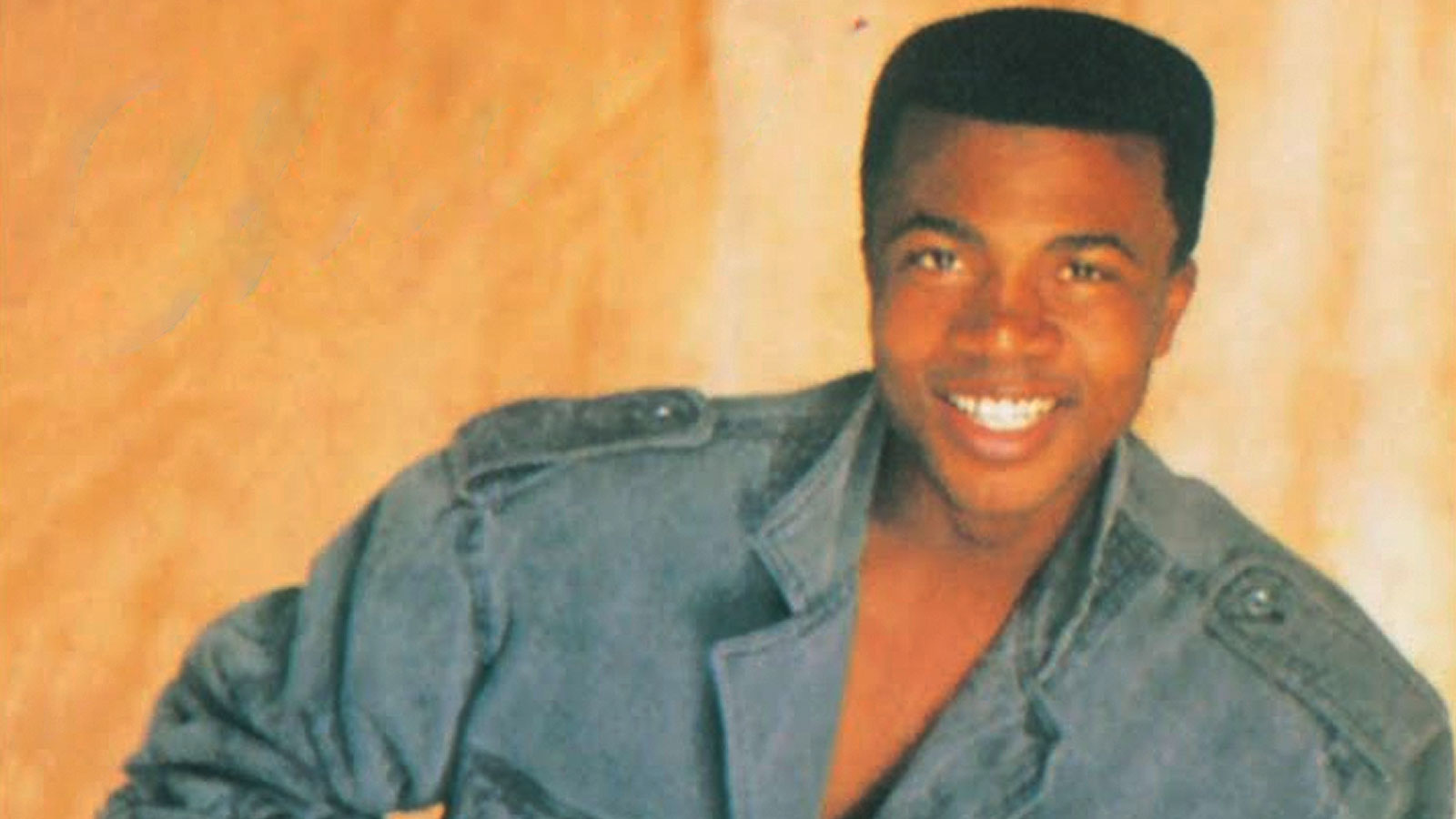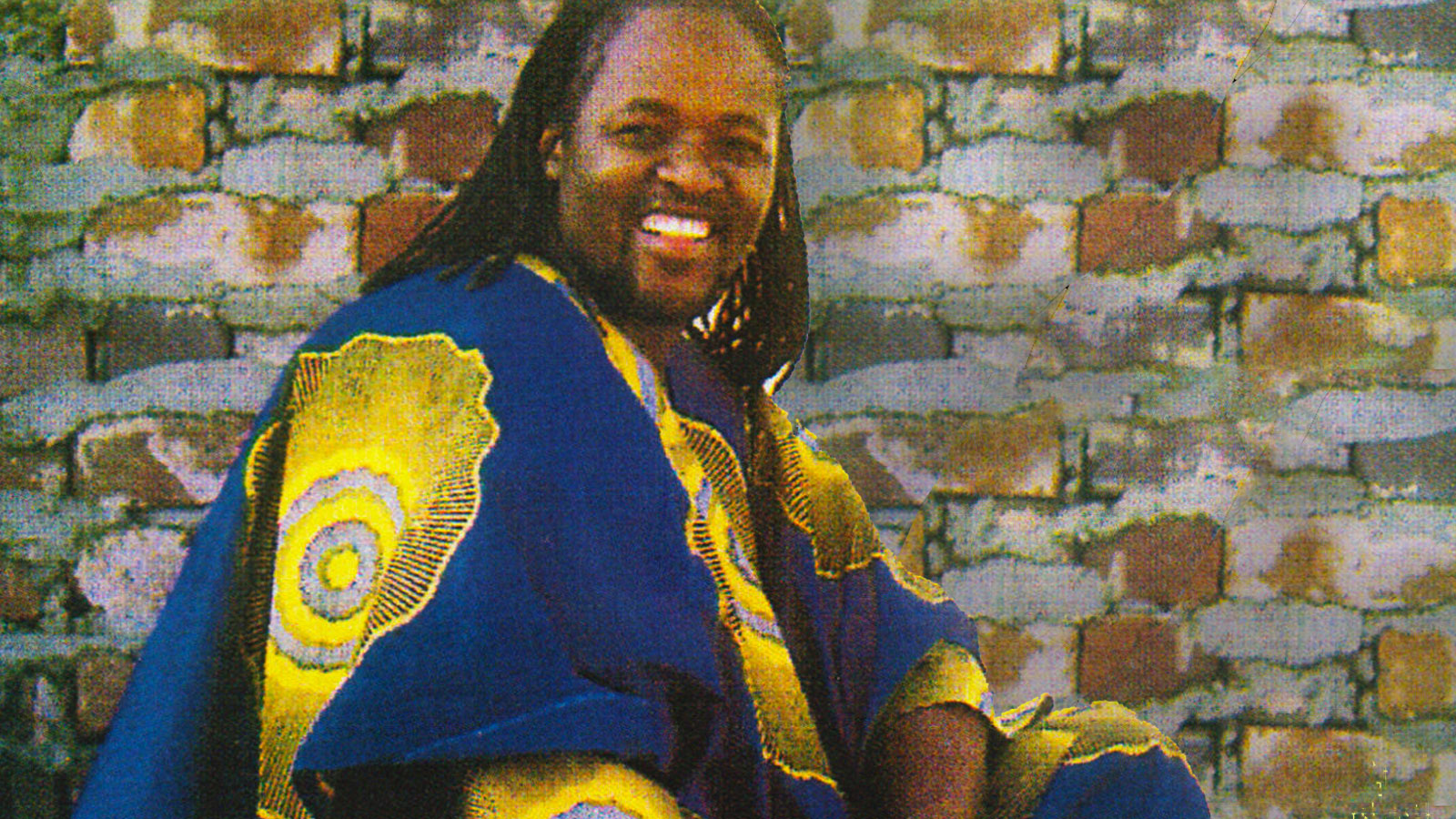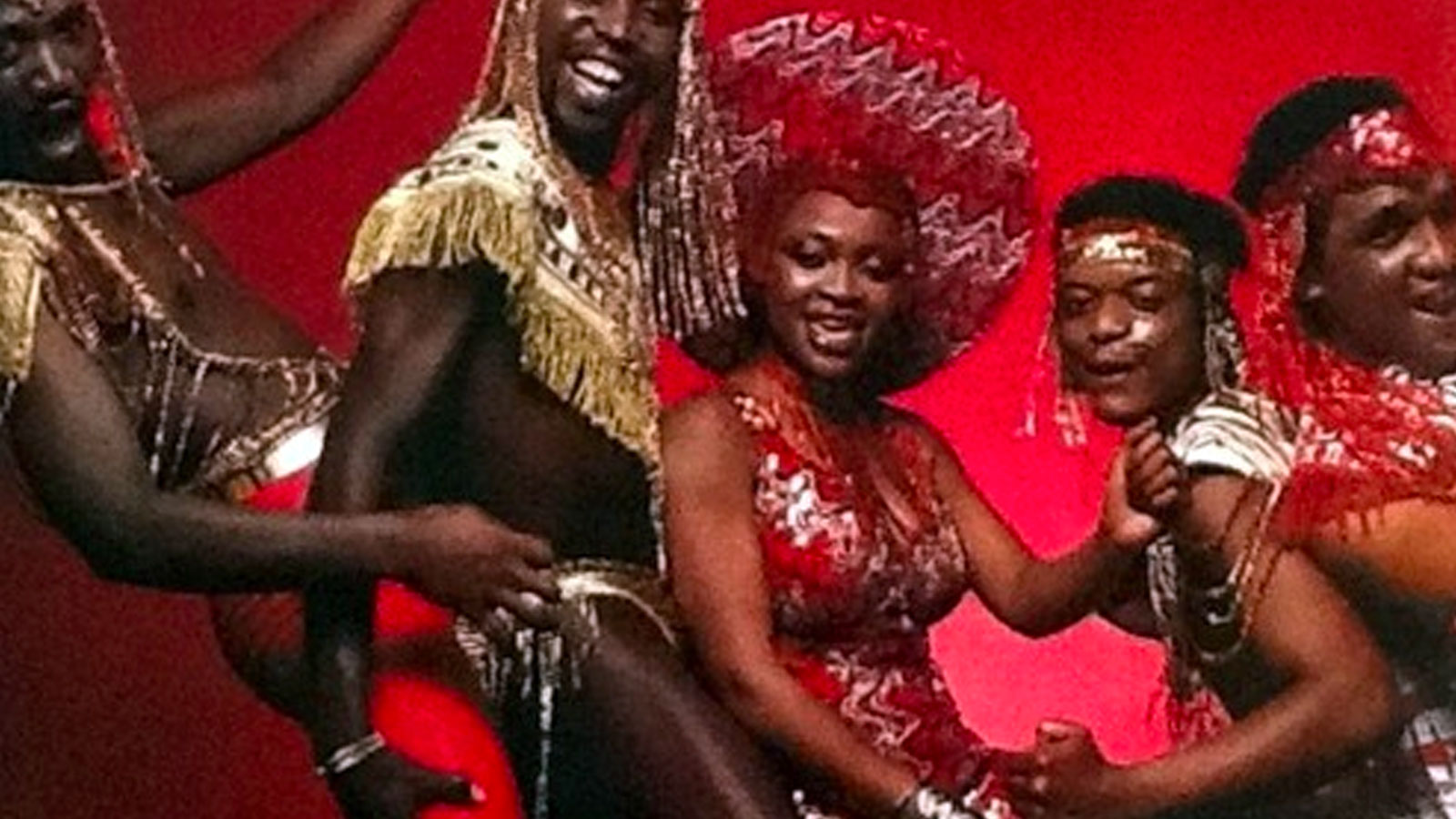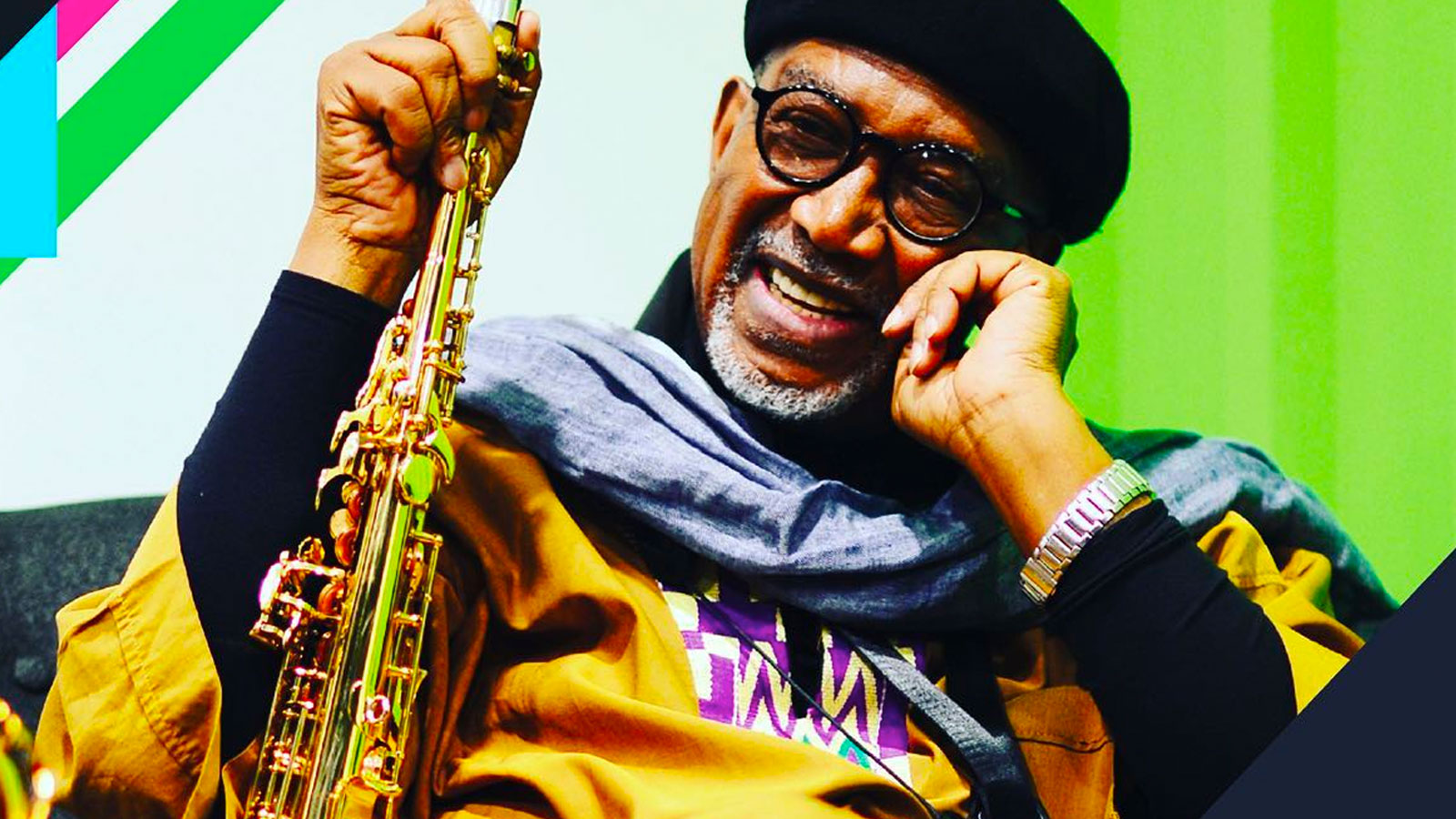Soweto-based musician Sello Twala began his music career as percussionist for Umoja in 1983. He went on to join Harari in 1984 and in 1985 he recorded his first solo single, “We Can Dance” followed by the single “Move Over” and the album I Need Money in 1986.
Further albums included We Miss You Manelow (1987), Soldier (1989), Soldier With a Gun (1989), Thina Sizwe Esimnyama (1989) and Papa Stop The War (1990).
He went on to release several more albums over the next decade and half and made a name for himself as a producer, producing albums for the likes of Brenda Fassie and Chimora.
Johannesburg-based singer and guitarist who started out with The Anchors, Flaming Souls and Flaming Ghettoes before joining Harari in 1981.
When Harari broke up he assembled a backing band, Lumumba for exiled artists Letta Mbulu and Caiphus Semenya. Lumumba also constituted Condry Ziqubu’s backing band and in 1984 he released his first single along with Lumumba, ”Yellow Mieliemiel”, followed by “Skorokoro” and “Via Orlando” in 1985.
He continued to release singles throughout the eighties and also several albums: Shut Your Mouth (1987), Pick Six (1988), Magic Man (1989) and No Money, No Love (1991).
With the return of exiled musicians in the early 1990s Ziqubu continued as part of Mbulu and Semanya’s backing band but also performed solo on occasions.
In 2003 he released the album, Condry Ziqubu and Friends. He is also involved in studio session and production work.
The Beaters formed in 1965 and became Harari in 1976, when they made a decision to create a mix of African and black American music, in part influenced by a shift towards a black consciousness philosophy. Harari became a very successful disco-funk fusion band.
They had a big hit with “Party” off the equally successful Heatwave album in 1980.
They released their final studio album Bad Boys in 1986. Their most successful line-up (late 70s until 1981) was: Sipho Mabuse on drums, Alec Khaoli on bass, Oupa Segwai and Branny Ledwaba on percussion, Thelma Segonah on keyboards, Masike Mohape on lead guitar, Eddie Manda on guitar.
Drummer, saxophonist, vocalist, songwriter. He began his career as the drummer for the Beaters in 1968. In 1976 they changed their name to Harari.
Sipho Mabuse left Harari in 1981 in order to pursue a solo career. He initially worked with the Soweto Soul Orchestra releasing an album of that name in 1981.
His first fully-fledged solo single was ‘Rise’ (1983) but it was with ‘Burn out’ (1984) that he had his biggest hit. He released his first album Jive Soweto in 1985.
He released several studio albums over the next decade but has since mostly performed and released live albums.
In the later 1990s and early 2000s he was the owner and manager of the Kippies Jazz venue in Newtown, Johannesburg.





